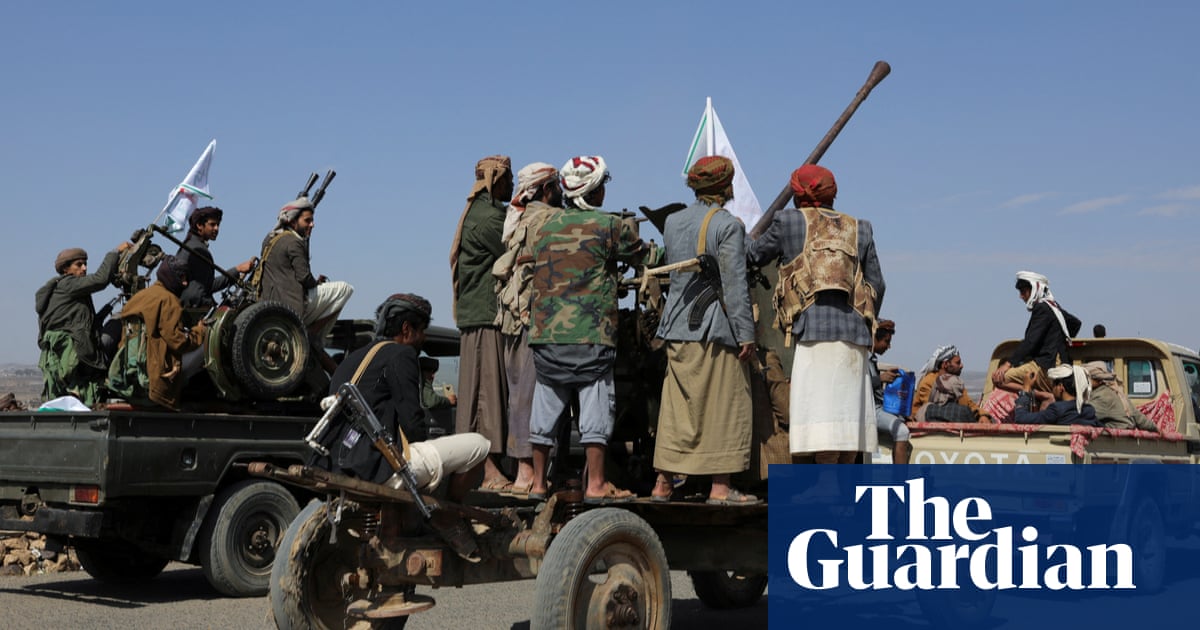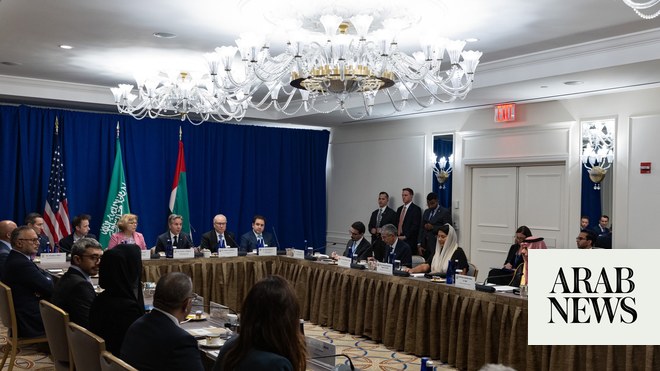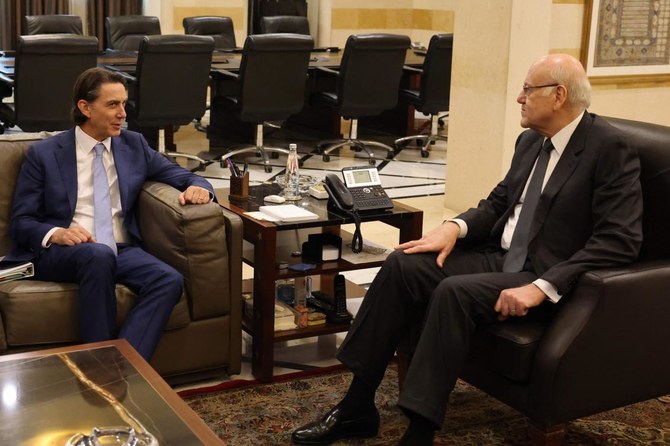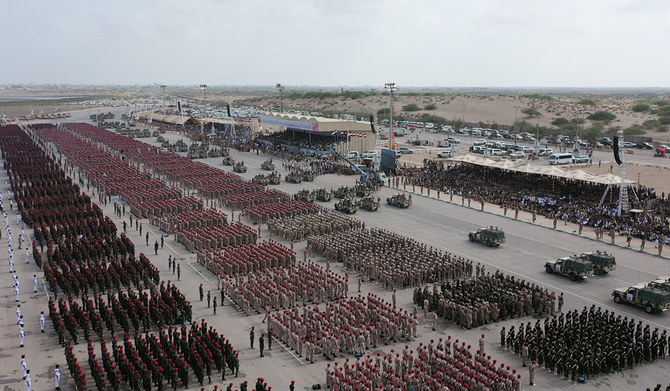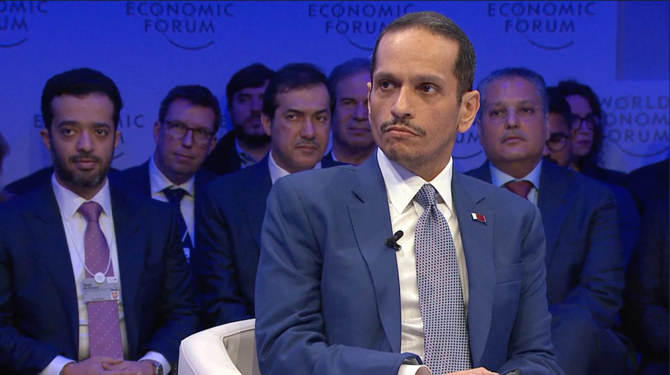
Sheikh Mohammed bin Abdelrahman Al-Thani stressed the need to address the central issue in Gaza, which is causing the rest of the small conflicts
Qatari PM said Red Sea escalation was the “most dangerous” because it was affecting international trade
DAVOS: US and British military strikes will not contain attacks by Yemen’s Houthis on commercial shipping lanes in the Red Sea but will risk further regional escalation, said Qatar’s Prime Minister Sheikh Mohammed bin Abdelrahman Al-Thani.
Speaking during the World Economic Forum in Davos, Al-Thani urged diplomatic efforts over military resolutions when solving the expanding regional conflicts, noting that the escalation in the Red Sea was the “most dangerous” because it was affecting international trade.
Last week on Thursday, the US and UK launched strikes against the Iran-backed militia in Houthi-controlled areas of Yemen in retaliation to the recent attacks on commercial shipping in the Red Sea.
The Houthis responded by striking a US-owned container ship with a ballistic missile off the coast of Yemen on Monday, less than a day after they launched an anti-ship cruise missile toward an American destroyer in the Red Sea.
Al-Thani, who also serves as Qatar’s foreign minister, stressed the need to address the central issue in Gaza, which is causing the rest of the small conflicts.
“If we are focusing only on symptoms and not treating the real issue, (solutions) will be temporary.”
He said Qatar believed that defusing the conflict in Gaza would stop the escalation on other fronts, adding that the current regional situation is a “recipe for escalation everywhere.”
Al-Thani reiterated that diplomacy and the two-state solution are the only way forward in Palestine, noting that no amount of Israeli force throughout the years brought the path closer to peace.
Requiring Israel to agree to a time-bound, irreversible and mandatory path to a two-state solution is key to future stability in Israel and the Palestinian territories, he noted.
“There are some politicians who thought that the Palestinian issue can be put under the rug, but what happened after Oct. 7 shows that Palestine is a central issue, not for the region but for the entire world.
“We need something that makes resolution mandatory for any party who will come to power in Israel,” added Al-Thani.
He said that Palestinians must be the ones to decide if the Hamas movement that runs Gaza will continue to play a political role in the future.
Without a viable, sustainable two-state solution in Israel and Palestine, the international community will be unwilling to finance the reconstruction of Gaza, Al-Thani said.
Conflict has spread to other parts of the Middle East since the war between Israel and Hamas began on Oct. 7, with groups allied to Iran carrying out attacks in Lebanon, Syria, Iraq and Yemen.
The US and British retaliatory strikes drew criticism in the Middle East and at home, with several UK MPs questioning why Parliament was not recalled to debate the action first.
UK Prime Minister Rishi Sunak told Parliament on Tuesday that the strikes were “successful” as Houthis vowed to continue targeting ships.





